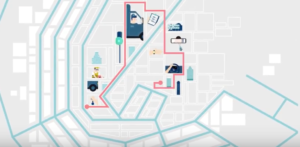Monthly archives: January, 2018
Is home shopping more sustainable than live shopping?

People complain on social media about light commercial vehicles (LCVs) in their neighborhood. There are too many, it’s not safe and not healthy. Is that criticism justified? Only 2 to 3 percent of the nearly 1 million LCVs in the Netherlands are involved in the delivering home shopping parcels to consumers.
Urban consolidation centres: understanding customer needs
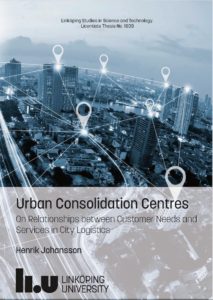
Urban Consolidation Centres (UCCs) are often conceived as an enabler to alleviate negative effects associated with distribution of goods in cities, such as traffic congestion and hazardous emissions. UCCs not only have the potential to reduce these effects but also provide alternative distribution solutions by introducing new transhipment points.
Ocado (UK): Forget products, think platform!
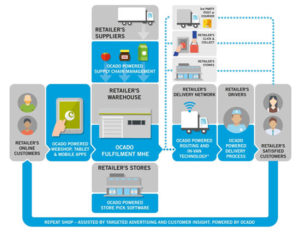
UK-based company Ocado has been credited with revolutionising the UK’s e-grocery arena. An online player with cutting-edge technology, a centralised hub-based delivery system and lucrative partnerships with high-end retailers, and Ocado is profitable. Sales in 2017 are expected to grow towards 1,5 bln Euro. Net margin was 1%.
European cities are more aware of urban construction logistics

More European cities see construction logistics as part of urban freight policies, but also a lot of European cities do not have any initiatives yet. However, the awareness to deal with urban construction logistics is growing. These are the conclusions of the latest SUCCESS-report on the experience and maturity of 12 European cities in construction logistics.
Programme launched to reduce impact of construction road freight in London (UK)

Industry is collaborating on a new programme designed to minimise the impact of the increasing amount of construction in London and to ultimately improve safety and air quality. The Construction Logistics programme, delivered in association with Transport for London and the Chartered Institute for Logistics and Transport, sees a broad range of industry involvement and …
Investigating the financial viability of urban consolidation centre projects

Urban consolidation centres (UCCs) are a popular measure in city logistics. However, many UCCs strongly rely on government subsidies and are granted a short life because of their inability to reach financial sustainability. Despite the interest from both the practitioners and the research community, there are a limited number of quantitative contributions that investigate the …
Crowd-based city logistics
Moving from zero-emission to zero-impact city logistics
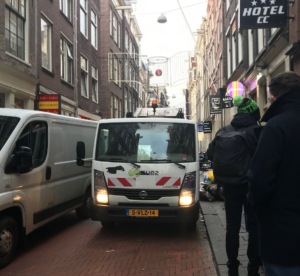
Up to now, the impact of city logistics on enhancing air quality within urban areas has been restricted. While the emphasis on adopting clean vehicles is beneficial for air quality, it is essential to address the creation of economically viable, essential, and health-promoting city centers and neighborhoods in formulating urban freight policies. The central focus …
Are automated parcel lockers more sustainable and efficient? Maybe…
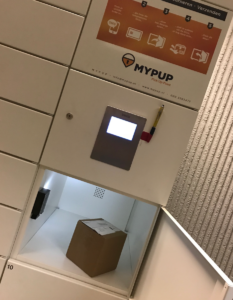
Home deliveries are the preferred method of delivery for consumers today. But, due to the specific, costly nature of home deliveries together with changes within society e.g. people working longer and more flexible hours and the competition between logistics providers, new more sustainable alternatives are being implemented. Automated parcel lockers being such an alternative.


